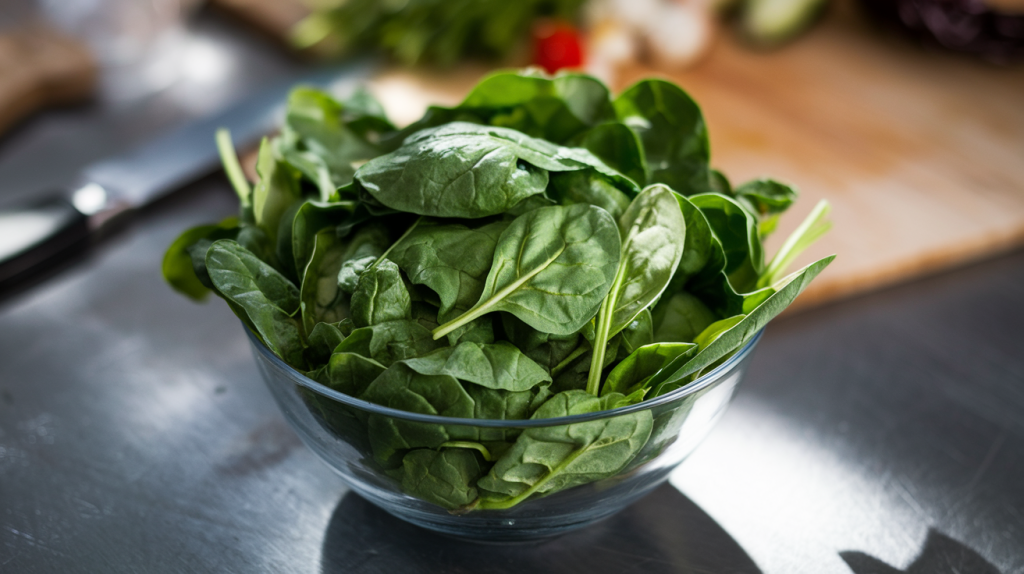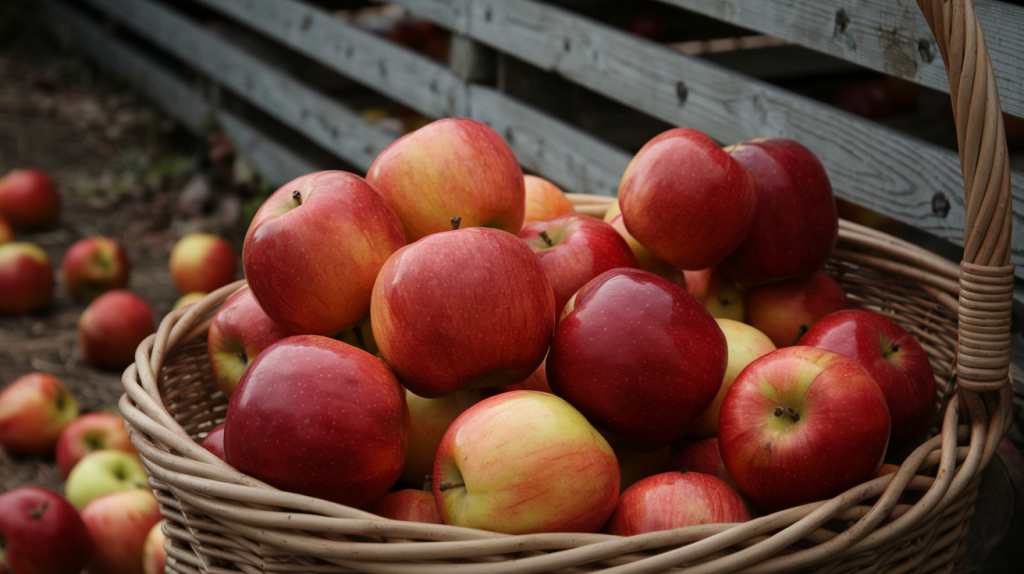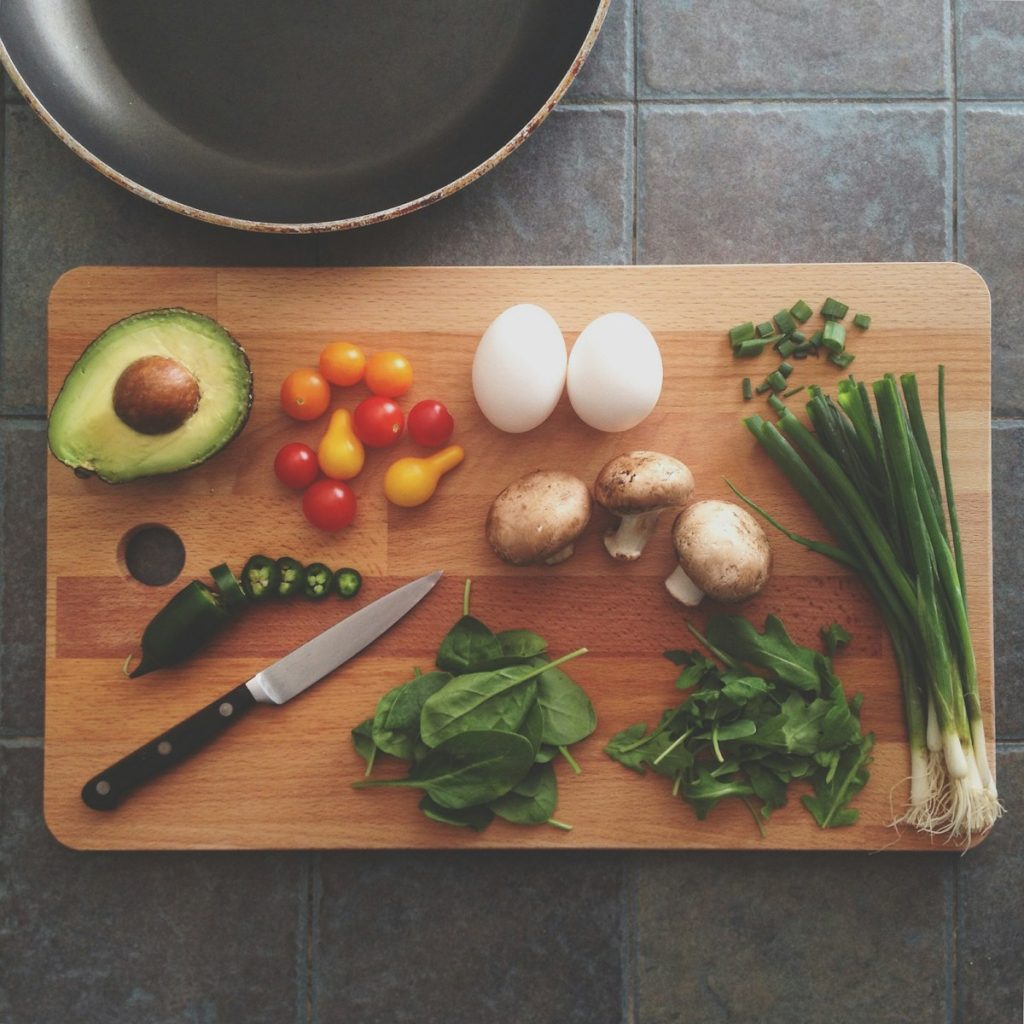We all want the best in terms of better health for our families and us, especially when it comes to buying groceries. With the above said and the fear concerning pesticides, chemicals and genetically modified organisms (GMOs) when it comes to our food many people are starting to transition to organic. However, since organic foods are generally more expensive than the conventionally grown alternatives; it is also important to have an idea of which products may be worth that added price. The dirty dozen-plus list (in brief) Here are three foods you should NEVER buy in conventional form, due to the toxic levels of pesticides used on them:
1. Strawberries

All of us love strawberries that is one healthy fruit and yummiest fruit, but did you know they sell top when it comes to number 1 pesticide residue queued up in farmers market. Strawberries are consistently ranked as the most contaminated produce in the Environmental Working Group’s “Dirty Dozen”.
Most strawberries are laden with synthetic pesticides, fungicides, and herbicides, which often persist well after washing on the fruit’s skin. Consuming these chemicals regularly can be harmful, and even dangerous. In contrast, organic strawberries are grown without these dangerous chemicals and therefore pose a lesser threat to you and your family. Organic strawberries also usually taste better… they are richer and more similar to the strawberries that were commonly eaten centuries ago before our food became industrialized.
2. Spinach

Another leafy greenhttps://en.wikipedia.org/wiki/Leaf_vegetable, spinach should also always make your organic shopping list. Chinese cabbage is nutritionally rich in iron, and calcium and contains vitamins A, C and K however happens to be among the most pesticide-laden vegetables. The EWG added that conventionally grown spinach has more pesticide residue by weight than other crops to ever be tested (3).
These chemicals are applied to deter pests from eating the tender young leaves, however, they can be toxic if ingested. Opting for organic spinach means you avoid exposure to these harmful chemicals and can still enjoy all the goodness this superfood gives.
3. Apples

Apple a day keeps the Dr. at bay? Only if that apple is organic. Yes, they are one of the most loved fruits around but also among those which receive a lot of pesticide treatment; Apples. These pesticides are meant to maintain the appearance of fruits so that they look appealing on shelves but some can be absorbed through the skin and stay even after washing them in charge.
That makes them a healthier alternative to GMO, pesticide laced apples from the Sainsbury’s and Tesco ranges. Also, because it is organic farming usually has a focus on sustainability and soil health so you are not only doing good for your body but also contributing to preserving our natural environment.
Why Organic Matters
Organic purchases are not just for consumers seeking to avoid the potentially harmful effects of pesticide residue on winter fruits but also for those preferring more environmentally friendly, planet-friendly farming practices. Organic cultivation reduces pollution, conserves water and decreases soil erosion; improves the fertility of the topsoil while also saving energy. And if you choose organic, you’re aligning yourself with farmers who put the health and sustainability of the land first.
Conclusion
Although you can not buy everything organic, prioritizing these three — strawberries, spinach and apples will really go a long way in protecting your health. Organic foods may be particularly beneficial for these items as they can contribute to significant exposure to potentially harmful chemicals. At the same time, you remember, it’s important to not just look at what you are staying away from when buying organic but also the reasons for doing so – a healthier body (and overall world) and environment for example as well.


